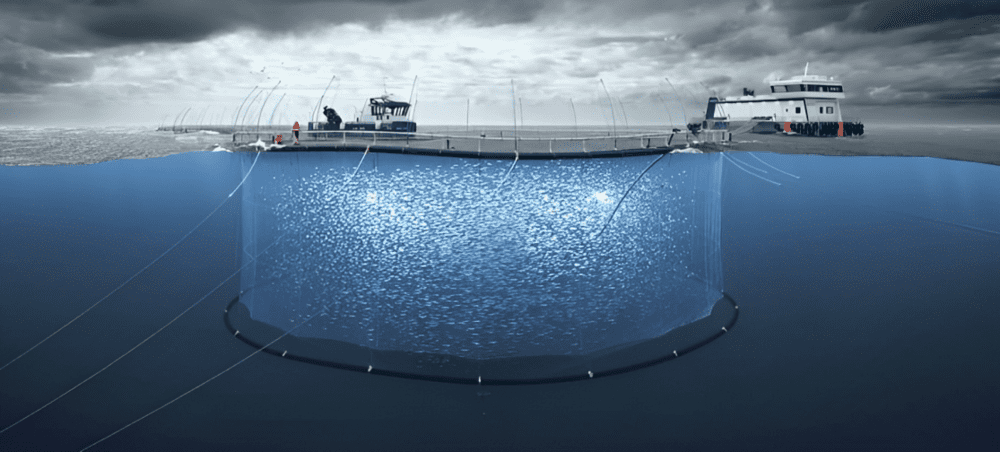Development of marine aquaculture for rearing of Salmonidae family fish in cages in the Kazakh sector of the Middle Caspian Sea with a projected capacity of 5000 tons, and with the prospect of entering the global market.The project provides for the transfer of advanced fish farming technologies to Kazakhstan, as well as an ecosystem approach to managing the marine aquaculture.


High-quality European feed is used for feeding.
Being a low-carbon and high-value source of protein, the fish contains a large number of vitamins, minerals and essential fatty acids Omega-3 and Omega-6.
Naturally grown seawater fish is a 100% organic product that meets European and Kazakh quality standards.

Fry breeding in freshwater tanks on land with recirculating water system, in which optimal hydrochemical conditions are created for healthy and full development.

Release of juvenile fish into sea cages, where their natural habitat is provided with a favorable ecosystem.

Catching and processing of fish, quality analysis, packaging and supply of commercial products.

Starting 2020, as part of the project initiation, marine research has been carried out in the Middle Caspian Sea.
Hydrobiological environment had been qualitatively and quantitatively analyzed, as well as studies of hydrometeorological, hydrological, hydrophysical, and hydrochemical parameters of seawater quality, that were sampled on surface, thermocline and bottom layers of seawater.
Over 3000 samples had been collected at various monitoring regions in the Middle Caspian Sea for the following parameters:
- Temperature, salinity, dissolved oxygen, electrical conductivity, density, turbidity, pH
- Nitrogen and nitrate groups
- Heavy metals (12 metals)
- Petroleum products
- Phytoplankton, zooplankton, benthos, microbiological studies
- Bottom sediments analyses
- Direction and speed of currents, etc.





